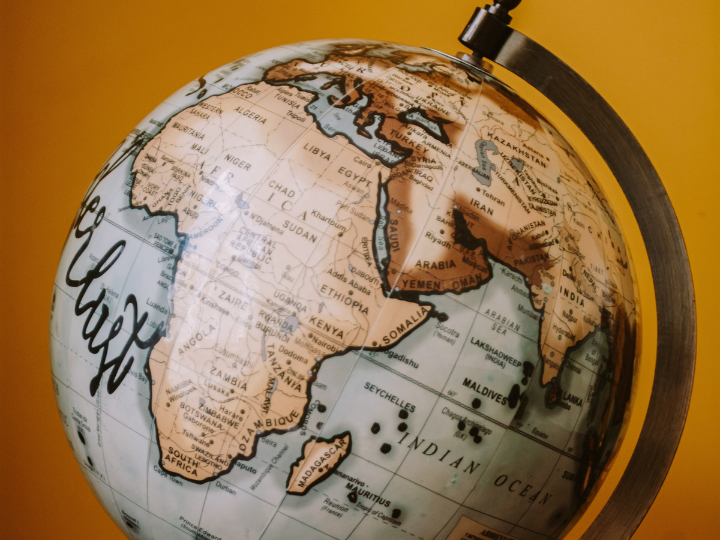by Giles Merritt*
The European Union’s relationship with Africa is best described as scratchy. Much is made by EU officials and European leaders of close historical ties, but the reality is that the EU and its member states have to seriously up their game. By narrowing the wealth gap across the Mediterranean, they can reinforce the mutuality and interdependence of Africa’s fortunes with those of Europe and the wider world.
At the EU’s most recent summit with the African Union (AU) in Brussels at the beginning of this year, the two declared a “joint vision” to 2030 and beyond, with a €20 billion yearly investment target. Yet in truth, many Africans accuse the EU of short-sighted parsimony and a stubborn refusal to think big.
At the previous AU-EU summit, in Cote d’Ivoire’s capital Abidjan in 2017, the then president of the AU didn’t mince his words. The EU is spending more on reinforcing its frontiers against migrants, he said, than on development aid to Africa.
The EU’s response has been to unveil a shiny new initiative called the ‘Global Gateway’ as a response to China’s financially muscular Belt and Road programme and its more recent Global Development Initiative. The rival EU effort has a headline figure of €150 billion and is aimed chiefly at investments in energy, transport and digital transformation, but it has so far done little to inspire Africa’s political leaders.
That, no doubt, is because EU assistance doesn’t remotely match the scale of Africa’s needs. Fewer than a third of the 1.3 billion Africans have regular access to electricity. Despite a population that is two-thirds rural, Africa imports half its food needs at a yearly cost of $50 billion and rising. Industrialisation, although much-hyped, has stalled.
A detailed scheme for modernising and extending Africa’s power grids was put together by the late Kofi Annan, when the former UN secretary-general took the helm of a Kenya-based body called the Africa Progress Panel. He proposed a 13-year investment strategy costing $63 billion yearly. Needless to say this never saw the light of day.
Without reliable electricity, Africans’ efforts to add value to their raw materials seldom bear fruit. As Khaled Sherif of the African Development Bank has put it: “Our biggest problem is our lack of value chains. Africa exports oil but imports gasoline, and exports cocoa beans and imports chocolate.” Joint ventures between European and African partners are all too rare, yet it’s an area where Brussels’ ‘leveraging’ of EU funds with private sector investors could make a very real contribution.
Africa’s inefficient and often dated agriculture is perhaps the greatest challenge of all. And here, rather than helping the EU has long been hindering. Its CAP subsidies to European farmers make African produce less competitive. That, along with protectionist devices in profitable areas like fruit and vegetables, is a long running sore in EU-AU relations.
Europe could go some way towards compensating for the damage done by its intractable farm politics through the modernisation of African agriculture. It’s reckoned that $80 billion a year is needed to build new storage and transport facilities and end huge levels of crop wastage. If Africa is to help feed a hungry world, its output of agricultural produce and processed foodstuffs needs to double within the next 25 years.
Before the ravages of Covid and the global economic recession, ‘Africa Rising’ was a popular slogan amongst NGOs and development experts who believed that progress was being made, albeit slowly. That confidence has since evaporated, yet amongst Europe’s policymakers the notion still persists that Africa is no longer a high priority.
The point was unwittingly made by the empty phrases about a ‘deeper and stronger partnership’ in the Communique after February’s Euro-African summit. It took place a week before Russia’s invasion of Ukraine, and the danger is that war in Europe will eclipse Africa’s needs and its global importance in the years ahead.
*Founder of Friends of Europe
**first published in: Friendsofeurope.org




 By: N. Peter Kramer
By: N. Peter Kramer
